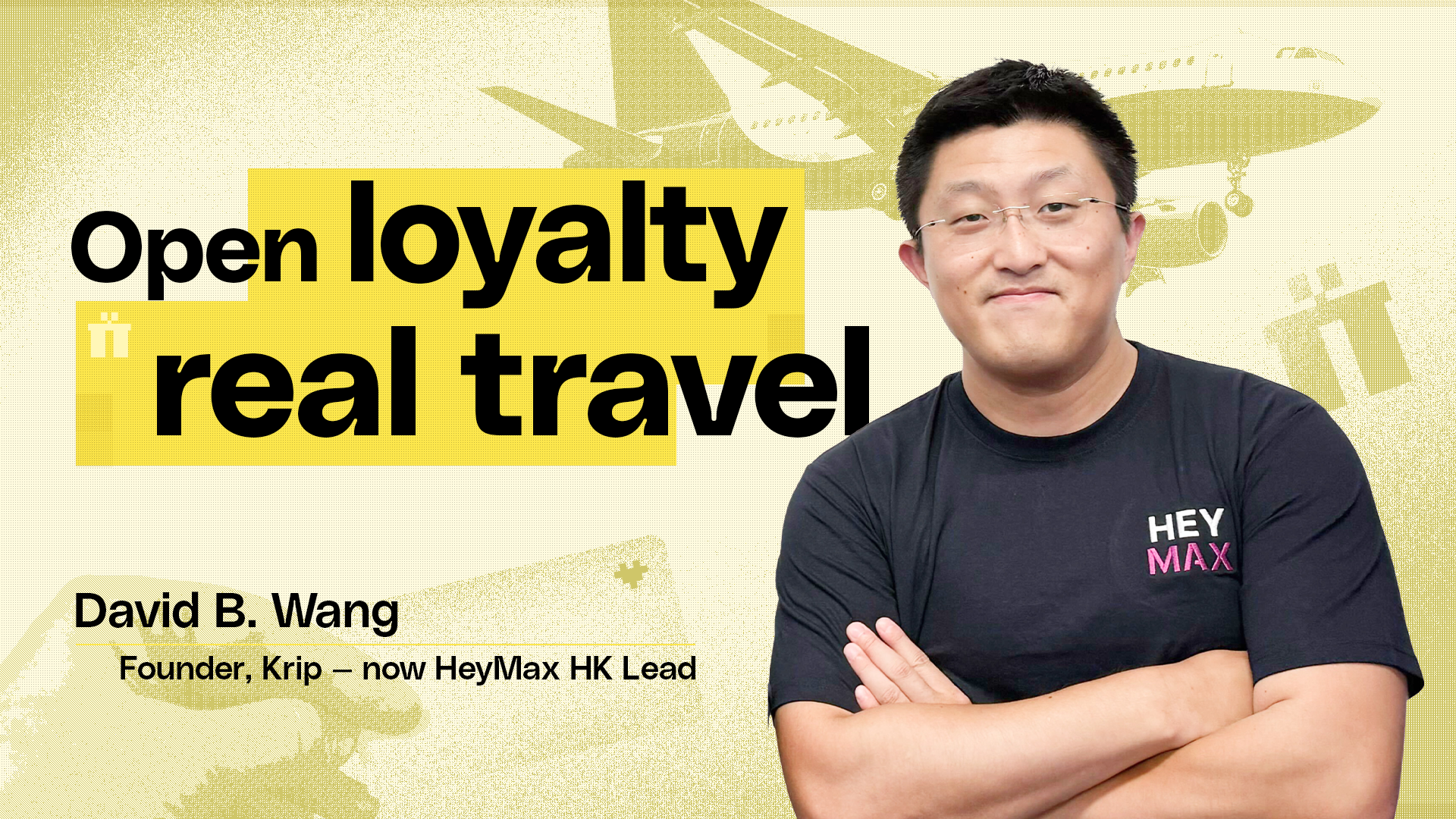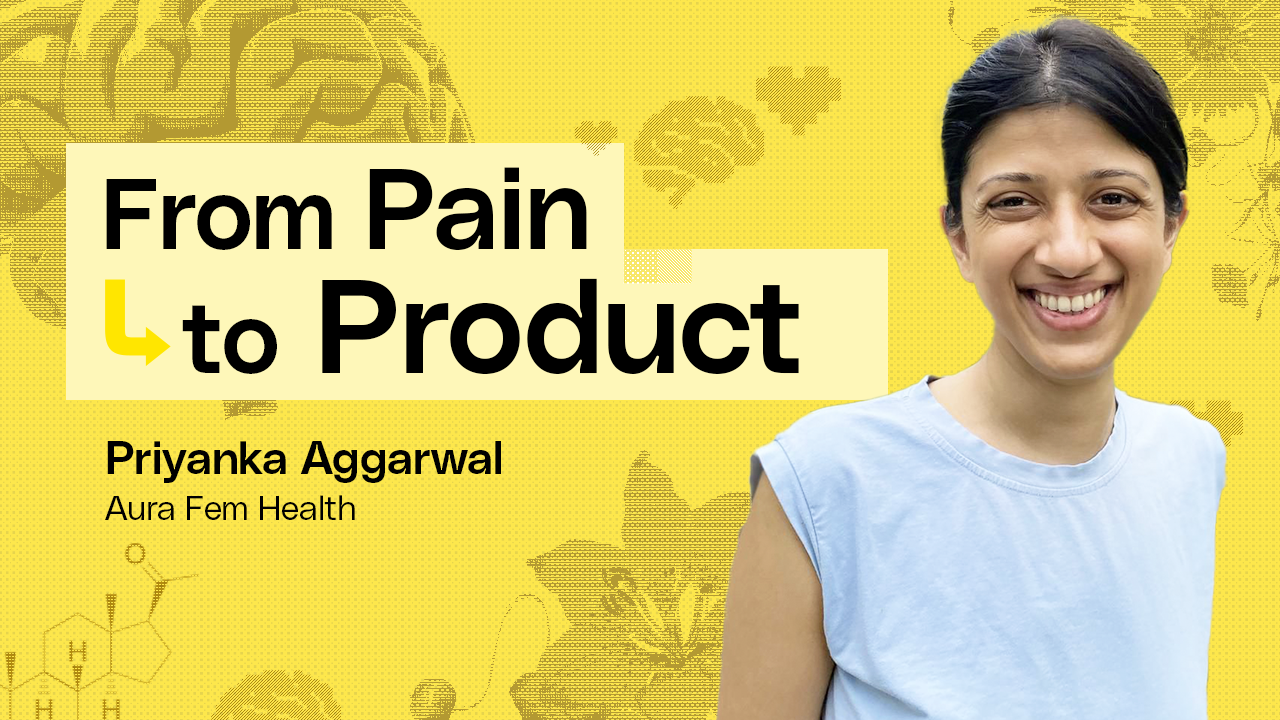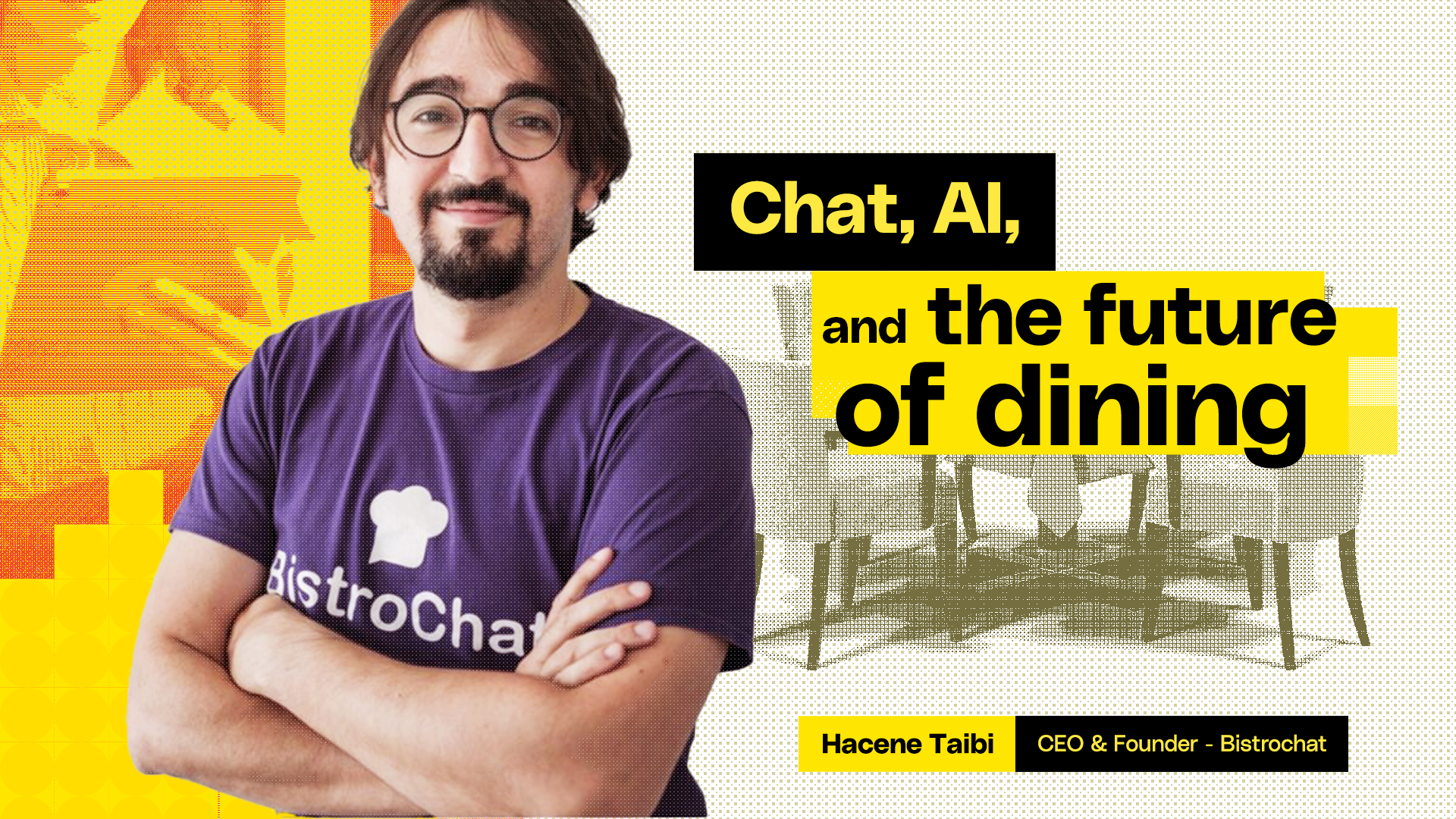

With the growing number of voices that reject scientific findings, institutions that are attempting to improve public health are at a loss. Why are people latching onto Facebook articles, but dismissing the recommendations of life-long researchers?
The study Fostering public trust in science: The role of social media wanted to see what factors would affect how individuals trusted the scientific content they saw on social media, along with what sources they trusted more.
There were two key factors they were looking at in their study:
1. Individualism Index (IDV)
In high IDV (individualistic) societies, individuals prioritise their own and their immediate family’s needs over the greater group’s. This mindset is popular in western countries. In low IDV (collectivist) societies, the needs of the group are prioritised over the individual’s, a trait common in eastern countries.
An example of this is whether someone supports universal healthcare when they are not in need of it (collectivist) or someone who supports a system that doesn’t cover everyone but looks after themselves and their loved ones (individualistic).
2. Power distance index (PDI)
Power distance index is the extent to which someone accepts power inequality in a society. Low PDI means people want to reduce power inequality and believe authorities should only use their power when legitimate. High PDI countries believe that power inequality is a basic part of life and authority figures can use their power as they like. Low PDI is found in english and german-speaking countries, while high PDI rates are found basically everywhere else (Eastern Europe, Latin Europe, Latin America, Asia, and Africa).
Within those using social media, collectivism and high PDI is related to the highest levels of trust. Previous studies have shown that collectivists are more likely to value the opinions of others and high PDI citizens are more likely to trust information that comes directly from scientific authority figures.
With the recent news storm surrounding Joe Rogan and COVID misinformation, possibilities behind his huge support base become clear. His freedom-focused messaging and lack of scientific experience make him a perfect mold to fit many Western mindsets.
While questioning authority is part of a healthy public discourse, outright rejection can leave the door open for unqualified opportunists. As the US is approaching the one million mark of COVID deaths, it is time that the west reconsiders what price they are willing to pay for their perceived freedom.
Don’t miss out
Don’t miss out!




.gif)



